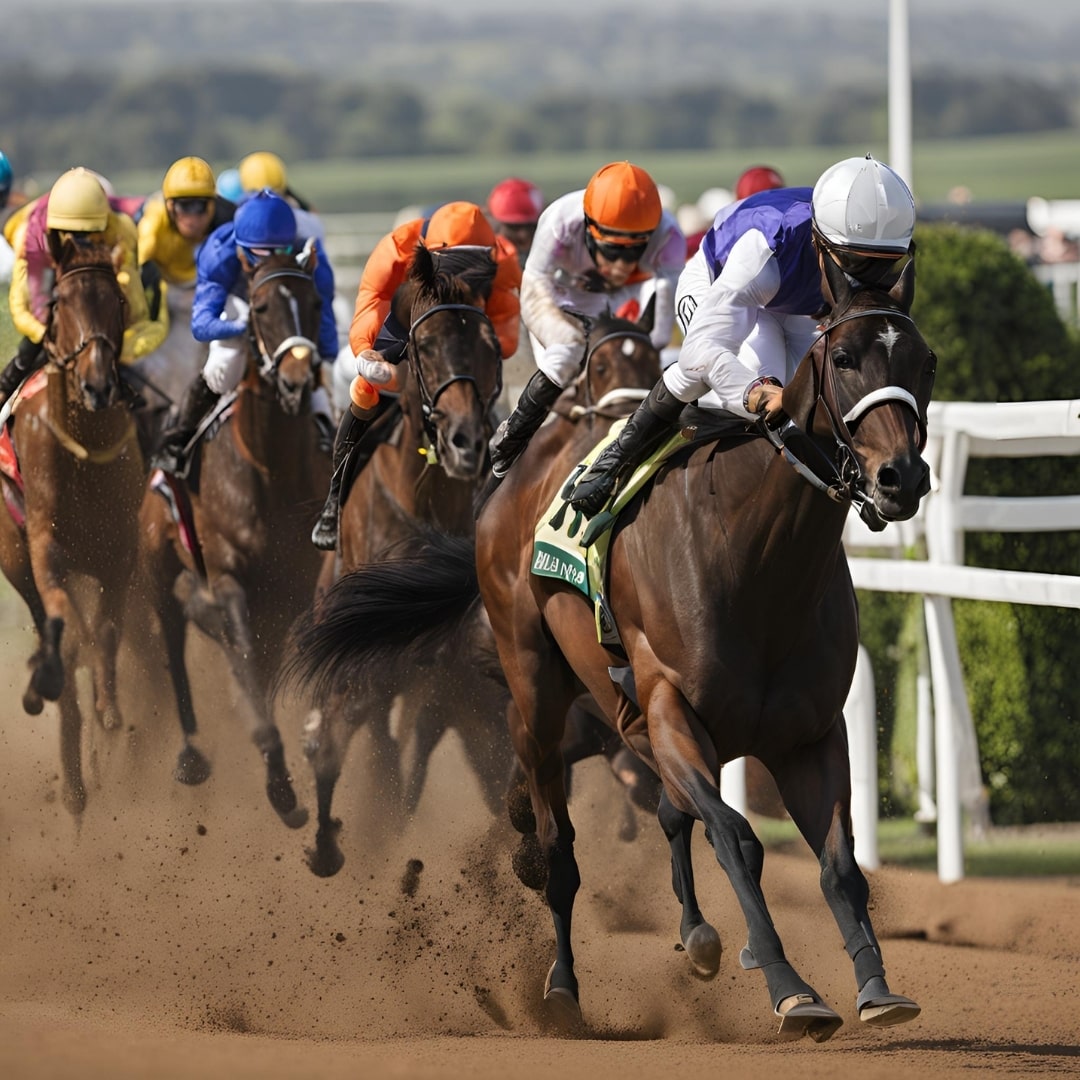Horse racing, one of the oldest sports in history, has deep roots both socially and societally. This sport, which has played a significant role in the cultural and economic life of many civilizations since ancient times, continues to draw attention today with its various dimensions.
Historical Background and Cultural Heritage
Horse racing has been a tradition since ancient Greece and Rome. Beyond being merely a source of entertainment, this sport has been a crucial element in shaping the social structure and cultural heritage of societies. During the Ottoman Empire, the interest of sultans and elites in this sport made horse racing an integral part of palace life. This association with the upper classes and aristocracy has led horse racing to be identified with these social strata throughout history.
Social Status and Prestige
Today, horse racing continues to be regarded as a symbol of social status and prestige. Owning a horse is seen by many as a prestigious status symbol. Success in races brings both financial gain and respect in social circles to the owners. Therefore, horse racing has an effect that reinforces social class distinctions.
Societal and Economic Impacts
Horse racing is not just a sport; it is also an event with significant economic dimensions. Races contribute to both the local economy and large-scale industries. Sectors such as hospitality, food and beverage, and transportation, which develop around racetracks, are directly impacted by horse racing. Additionally, horse racing contributes to social development by creating job opportunities.
Racing Culture and Its Impact on Society
One of the most striking aspects of horse racing is the racing culture. For many, racing is not only an exciting form of entertainment but also a means of strengthening social bonds.








